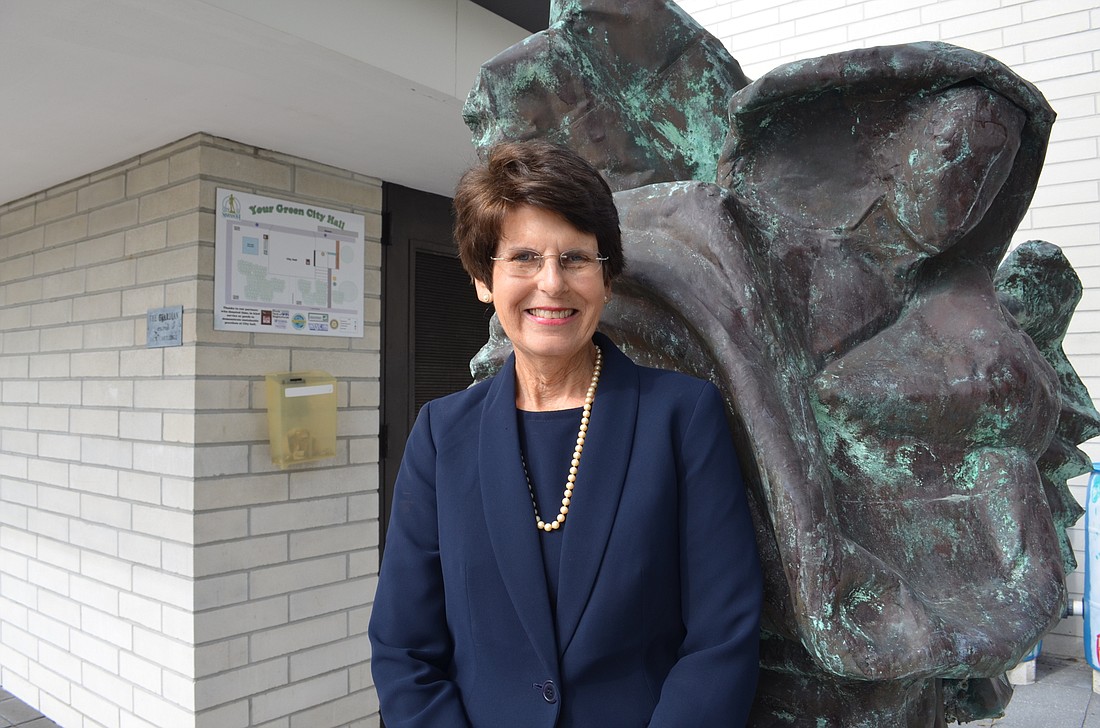- April 25, 2024
-
-
Loading

Loading

With a one-sentence order Friday, the Second District Court of Appeals effectively brought a close to a nonprofit group’s legal argument that City Commissioner Susan Chapman violated the Sunshine Law in 2013.
The court denied Citizens for Sunshine’s motion to obtain a written opinion in the case — which the group needed to obtain to continue appealing a 2016 ruling that said Chapman did not run afoul of state regulations governing public meetings.
The case dates back to a 2013 meeting of downtown merchants regarding homelessness, which both Chapman and Commissioner Suzanne Atwell attended. For Chapman, the latest legal development was further validation of her long-standing response to the allegations.
“I knew all along I did not violate the Sunshine Law,” Chapman said.
Chapman, whose last day on the commission is Friday, acknowledged the criticism she’s received for fighting the case. To date, the city has incurred just under $400,000 in legal expenses defending Chapman. Next month, the commission will discuss whether to attempt to recoup attorneys fees from Citizens for Sunshine in Circuit Court, City Attorney Robert Fournier said.
Still, she heard support from constituents who felt she was defending their right to have officials attend important community meetings. She said Citizens for Sunshine was trying to expand the definition of the Sunshine Law, and that refusing to settle prevented that expansion.
“I know it’s important to people to be able to tell their elected representatives their opinions on issues,” Chapman said.
But Michael Barfield, a paralegal working with Citizens for Sunshine, refuses to say the courts have rejected the group’s interpretation of the Sunshine Law. Barfield claims the absence of a written opinion creates uncertainty about what, exactly, constitutes a Sunshine violation — and suggested the group would consider taking legal action again if a similar set of circumstances arose in the future.
“I can tell you the board is keenly interested in getting a binding judicial determination on this issue — whether it’s in Sarasota or Bradenton or Tallahassee, one way or another,” Barfield said.
Fournier, on the other hand, thinks the case has clearly determined Chapman’s actions did not constitute a Sunshine violation. Chapman, too, rejected any claims to the contrary.
“They were trying to change the law,” Chapman said. “The courts stuck by 40 years of legal precedent.”